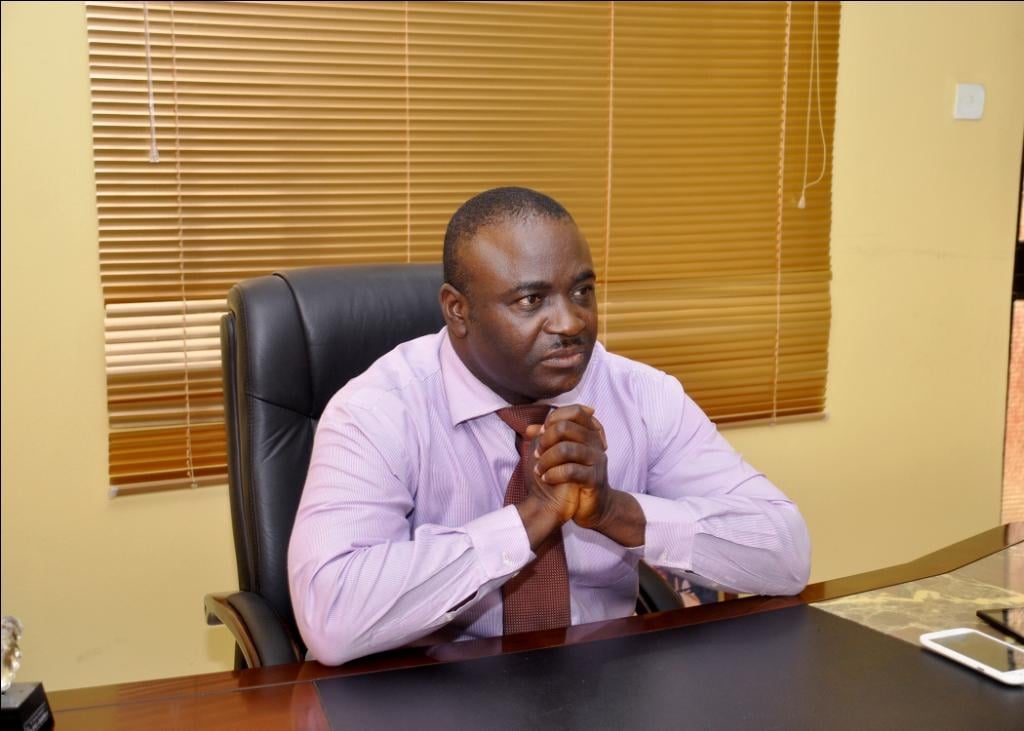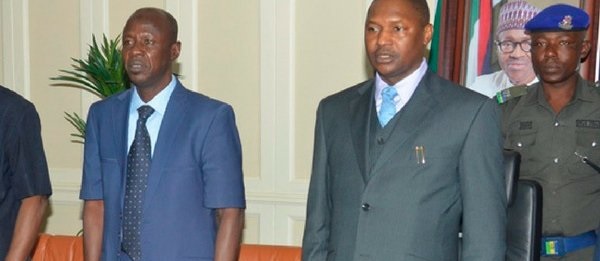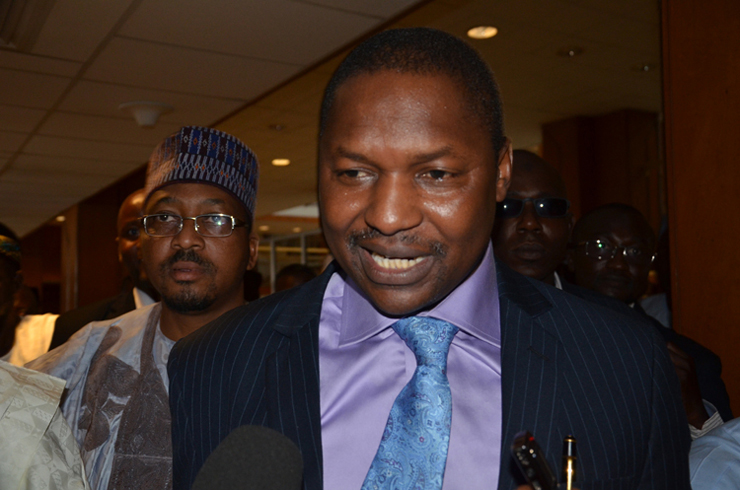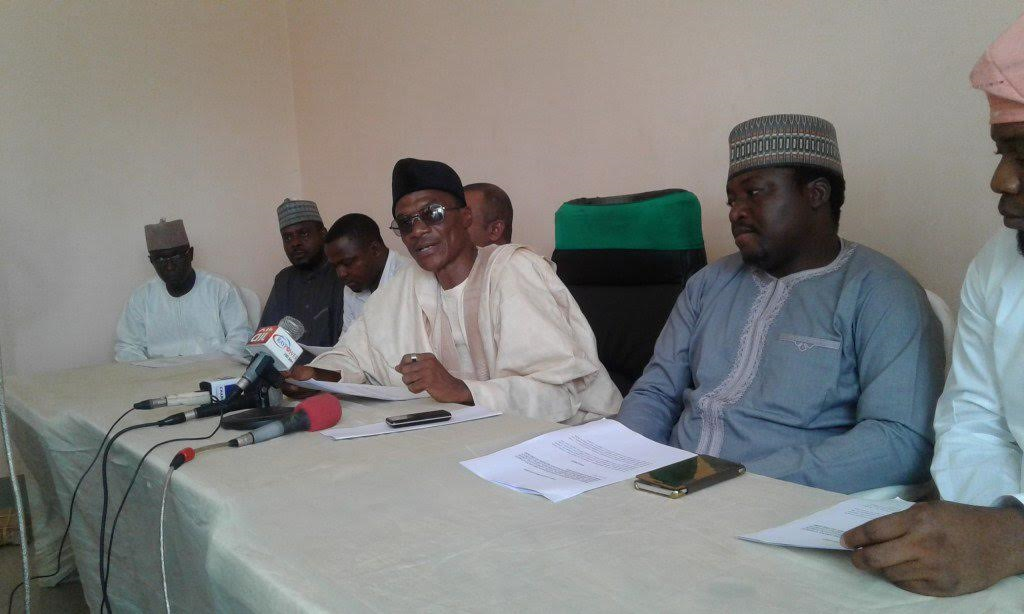Sebastine Hon, constitutional lawyer, is insisting that it is unconstitutional for chief judges to pardon prison inmates.
He said the position of Femi Falana, human rights lawyer, that chief judges and the chief justice of Nigeria are constitutionally empowered to release prisoners is “completely wrong”.
Falana made the statement while reacting to Hon’s claims that chief judges do not have the constitutional backing to issue pardon to inmates.
But in a statement issued on Tuesday, Hon said the laws cited by Falana were unconstitutional and lacking in facts.
Advertisement
He also wondered why Falana would say “no chief judge has ever granted pardon to convicts or criminal suspects awaiting trial but who are remanded in prison custody in the country”.
“Was he misquoted? Otherwise, the beneficiaries of prison amnesties carried out by successive chief judges in Nigeria are largely prison detainees awaiting trial. Even the beneficiaries of the one recently carried out by the Lagos chief judge fall under this category,” he said.
Hon said section 35(4) of the 1999 constitution covers the field on what should be done to any person accused of an offence “and there is no room for any administrative action by the judiciary”.
Advertisement
“Only judicial actions can lead to the release of detained persons, hence any administrative action, apart from the one in sections 175n and 212 will be directly in conflict with the said section 35(4),” he said.
“Also, sections 175 and 212 of the constitution have advisedly used the phrase ‘a person concerned with or convicted of an offence.’
“The phrase ‘concerned with an offence’ is so wide that it has entirely and completely covered the situations contemplated by both the Prisons Act and the Criminal Justice (Release from Custody) (Special Provisions) Act.
“The constitution having covered the field, these two acts are null and void, for attempting to provide for the same release from custody, yet by the administrative action of the judiciary.”
Advertisement
He asked if chief judges were permitted to release persons from custody, “what is the legal implication of that action?”
“Do the detainees get the reprieve of pardon that only the president or the governor can grant? No! They are merely released, while the charges against them are pending!” he said
“What then happens to those charges, judging from our constitution or even the Acts cited by Mr. Falana, SAN? Nothing!
“But if the president or a governor grants pardon, section 36(10) of the constitution comes in handy to erase the conviction or even accusation (in view of the phrase ‘concerned with an offence in sections 175 and 212). This position was also reached by the court of appeal in Falae vs. Obasanjo (No. 2) (1999) 4 NWLR (Pt. 599) 476 at 495.”
Advertisement
Add a comment







